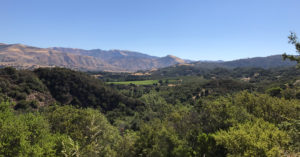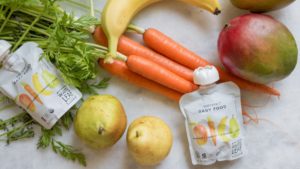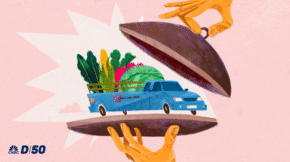What is Biodynamic Farming?
[shareaholic app="share_buttons" id="27983777"]Since 1942

Biodynamic farming is fairly unknown compared to organic farming, despite having been around for decades. Developed in 1942 by Austrian scholar Rudolf Steiner, biodynamic farming was the first of the organic agriculture movements and is the ecological-ethical-spiritual approach to agriculture that views the farm as a self-contained and self-sustaining organism, following the cycles of nature in while harmoniously healing our planet.
Biodiversity and Ecosystem
Biodynamic agriculture emphasizes the use of natural manures and composts as opposed to the use of chemical fertilizers on soil and plants. It also utilizes various herbal or mineral sprays or additives (again, no chemicals). Also, biodynamic farming is non-GMO and does not use growth hormones. Biodiversity and considering the surrounding ecosystem is important. A percentage of land is typically reserved for biodiversity to help nurture the health of the surrounding ecosystems as well as using cover crops to add plant diversity and nutrients to the soil while reducing soil erosion. It is low-till which helps reduce carbon emissions and crops are rotated to maintain soil fertility and reduces disease. Integrating both animals and plants in farming, as opposed to many conventional and organic farms only growing crops or only raising livestock which creates imbalance, eliminates the need for imported fertilizers.
White Leaf Provisions

One of our amazing partners, White Leaf Provisions, who makes biodynamic baby food, believes biodynamic and regeneratively farmed products are helping to heal the planet that our kids will inherit. They work hard to provide all the nutrients our babies need along with being mindful toward the food that we eat and how it’s grown.


